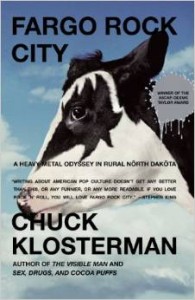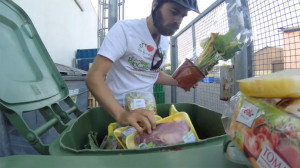Ashley Chaifetz, a PhD student studying public policy at UNC-Chapel Hill writes:
As a food policy doctoral student, I pay special attention to articles on food waste and its prevention—which includes dumpster diving. This activity is at the intersection of policies on food insecurity, waste, safety, and liability—and comes with a lot of uncertainties. This week, Tove Danovich wrote about dumpster diving for Civil Eats:
Dumpster divers of the world, unite. Last week, food waste activist Rob Greenfield offered to pay the fines and bring some media attention to anyone who gets arrested or ticketed for taking and eating tossed food.
Greenfield has been drawing attention to food waste by traveling the country, engaging local communities, and photographing the enormous quantities of wasted food he finds. Now he hopes more Americans will begin looking at the problem directly by trying it themselves by taking people’s fear of arrest and fines out of the equation.
“From what I can tell the main reason that people don’t dumpster dive is the fear of getting arrested or ticketed,” wrote Greenfield recently on his website.
Rob Greenfield makes an effort to remind people about the problem of food waste. At a loss rate of approximately 40%, Americans are tossing almost as much food as they consume. But, Greenfield’s suggestion that people do not dumpster dive due to fines seems ludicrous; it is probably due to the products.
The issue with dumpster diving that is often forgotten is food safety. Neither Greenfield nor any other dumpster diver can tell via taste or smell if the food was tossed due to pathogen contamination. Even when if food is thrown away due to cosmetic reasons, the dumpsters themselves are not clean and sanitized like a food contact surface. If a product contaminated with a pathogen was discarded into the dumpster, the products pulled by the dumpster divers may be contaminated as well.
Individuals concerned with food safety can take other actions to lessen food waste: consuming all of the food purchased, choosing the “reduced for quick sale” items, shopping in salvage grocery stores, or even encouraging large grocery chains to donate those items to food pantries and food banks (many which already do).







 But if the divers are comfortable with the risks, go for it.
But if the divers are comfortable with the risks, go for it.  and throwing stinking, steaming, soiled diapers over his shoulder), it’s the ultimate re-gift.
and throwing stinking, steaming, soiled diapers over his shoulder), it’s the ultimate re-gift.